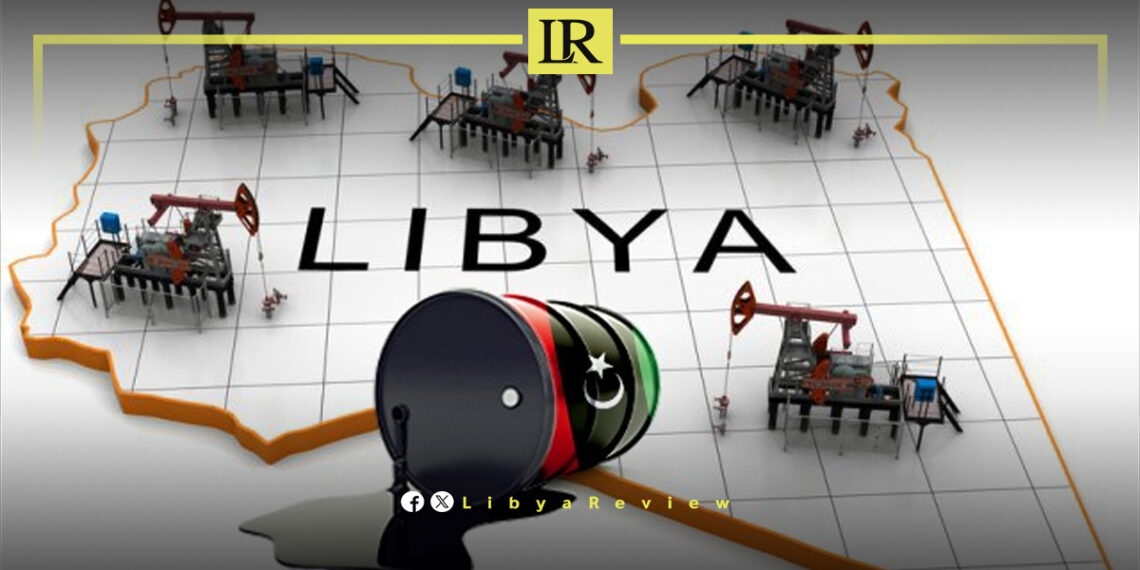Libya’s natural gas exports to the European Union hit a record low in February 2025. Shipments through the Green Stream pipeline to Italy fell to 1.25 million cubic meters per day, an 8% drop from January 2025.
This decline highlights Libya’s diminishing role in the European energy market. The EU’s total gas imports surged to 410 million cubic meters per day, largely driven by increased Norwegian supply.
Despite having substantial natural gas reserves, Libya has struggled to maintain stable production and exports, primarily due to ongoing political instability, infrastructure challenges, and inconsistent energy sector output.
The Green Stream pipeline, which transports gas from the Mellitah complex in western Libya to Italy, has faced frequent operational disruptions caused by maintenance issues, security threats, and fluctuating production levels.
Libya remains a minor player in the European gas market, with Italy as its sole European customer. Meanwhile, Algeria continues to strengthen its position as the EU’s second-largest gas supplier, securing a steady flow of exports despite global market fluctuations.
The EU has been actively diversifying its energy sources by increasing imports from Norway, the US, and North African producers, which further reduces Libya’s competitiveness in the region.
The declining gas exports raise concerns about Libya’s economic outlook, as the country remains heavily dependent on hydrocarbon revenues to sustain government operations and public services.
With oil and gas accounting for over 95% of Libya’s revenue, its inability to maintain or expand natural gas exports puts additional strain on state finances and economic recovery efforts.
Libya’s energy sector has long suffered from instability, exacerbated by political divisions, armed conflicts, and weak governance.
The fragmentation of state institutions and competing authorities in the east and west has made it difficult to implement long-term energy policies or attract foreign investment needed to modernize its aging infrastructure.


